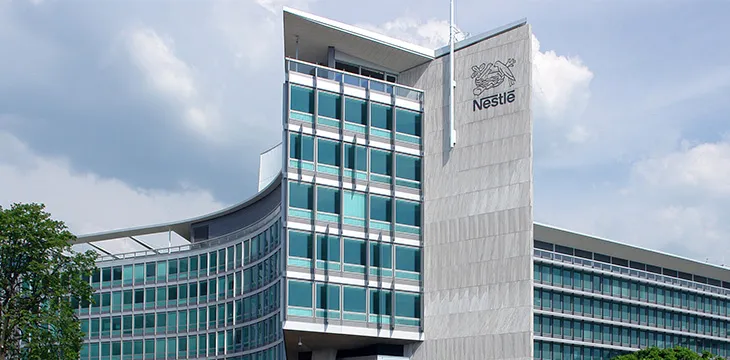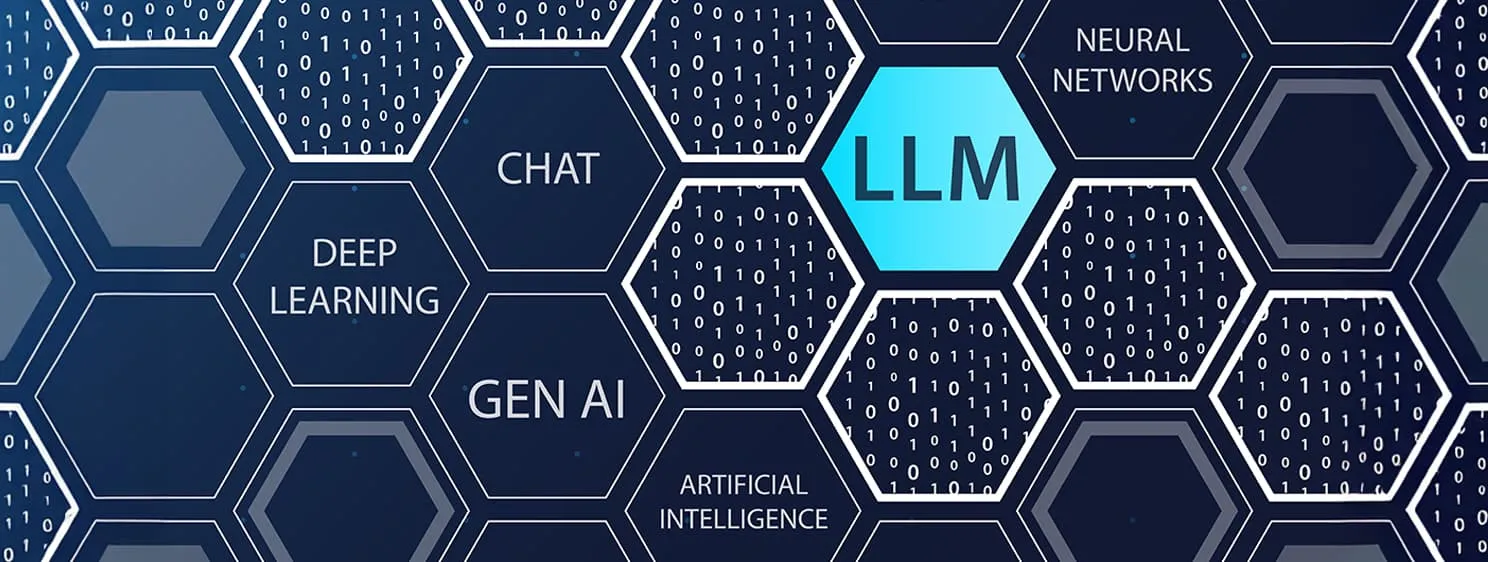|
Getting your Trinity Audio player ready...
|
Global food and drinks conglomerate Nestlé has announced plans to allow customers to track sustainability and provenance throughout its supply chain, in what the firm claims to be a first for a major company in the sector.
The scheme will initially allow consumers to track milk, and will focus on suppliers in New Zealand shipping to the firm’s production facilities in the Middle East. Following the initial pilot, the firm said it also intends to add palm oil tracking from sources in the Americas, which it expects to appeal to environmentally-conscious consumers.
In a press release announcing the plans, Nestlé said it was committed to increasing its own transparency and accountability for production standards throughout its supply chain.
“We want our consumers to make an informed decision on their choice of products—to choose products produced responsibly. Open blockchain technology might allow us to share reliable information with consumers in an accessible way,” the company said. “We believe it is another important step towards the full disclosure of our supply chains announced by Nestlé in February this year, raising the bar for transparency and responsible production globally.”
While Nestlé has previously experimented with pilots powered by IBM Food Trust infrastructure, the firm said it would now turn to the Open SC blockchain platform. Open SC was developed by The Boston Consulting Group Digital Ventures, in partnership with World Wildlife Fund (WWF) Australia.
Nestlé said it hopes to learn more about how Open SC can work at scale through developing the pilot, with a view to establishing whether the infrastructure is robust enough to handle a mass rollout of the technology.
While the results of the pilot may still be some way away, the news marks Nestlé as the latest firm to turn to blockchain technology for tracking supply chains.
Supply chain tracking has emerged as an increasingly common deployment for blockchain technology, particularly in response to a growing consumer preference for provenance and sustainable production.
Several food and drink retailers have already adopted similar schemes powered by blockchain, including major European supermarkets like Albert Heijn, Carrefour and Auchan, which are already shipping goods complete with QR-scannable packaging to allow consumers to track the origins of their produce.

 07-02-2025
07-02-2025 





